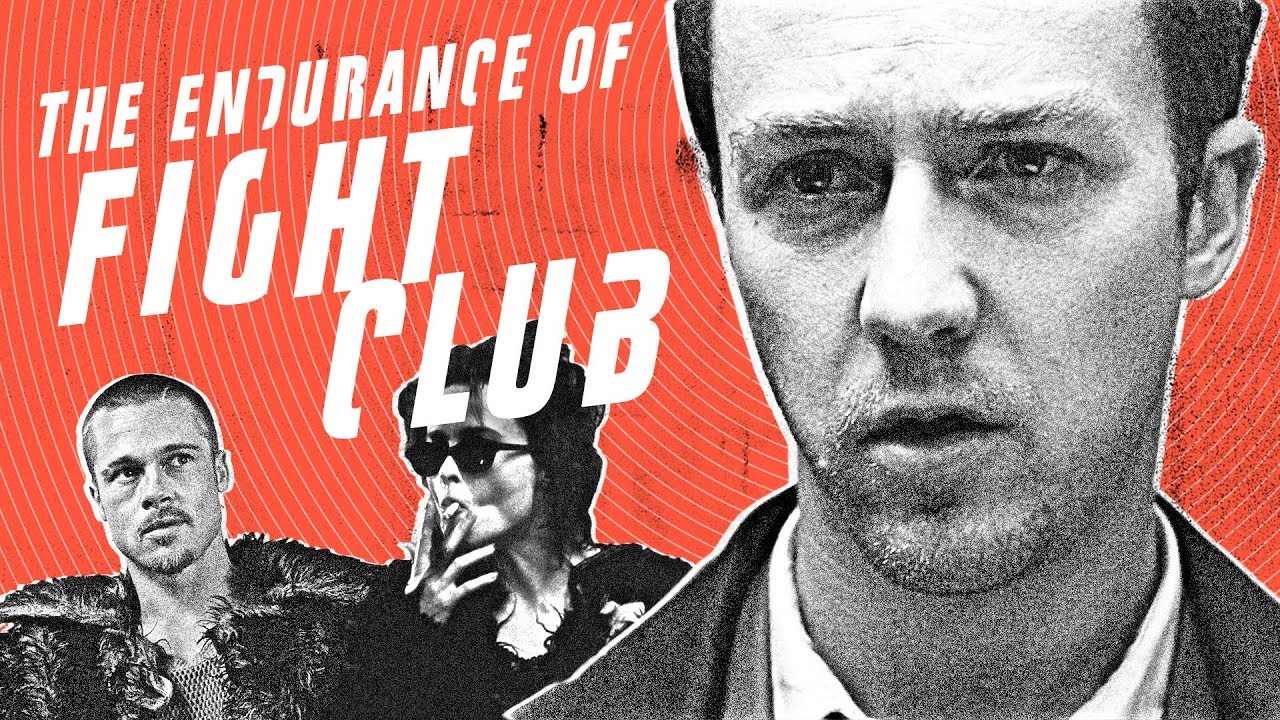Fight Club is one of the most talked-about films ever made. Released in 1999, David Fincher’s adaptation of Chuck Palahniuk’s novel is a modern classic that refuses to be defeated by the relentless fists of time. Upon its release, Fight Club received a mixed response from audiences and critics. Many dismissed the film for its excessive violence and seemingly egocentric nature. But somehow, Fight Club managed to scrap its way to a cinematic victory.
Constantly in the mix during “best movie” debates and currently sitting at number 10 on IMDb’s top 250, Fight Club still has its fair share of detractors. But this divisiveness is one of the many reasons that the movie has endured through the decades. Is it a “bro movie” or is it a subversive satire that attacks masculinity, materialism, conformity, and capitalism? Fight Club often catches a bad rap for its surface appeal — the obnoxious characters, the destruction, the cryptic, “philosophical” one-liners, and the fact that every frat house in America has at least one Fight Club poster crudely plastered on its walls. But the film is more than that. In fact, Fight Club seems to take aim at those who would worship the film at face value. I mean, the characters preach nihilism and anti-conformity while conforming to a group with a strict set of rules. The film’s bloodied tongue is firmly pressed against its swollen cheek.
Regardless of how you feel about Fight Club, there is no denying its cultural impact. It has been rabidly referenced and merchandised for years, showing up in/on other films, television shows, posters, t-shirts, video games, coffee mugs, and even bars of soap.



